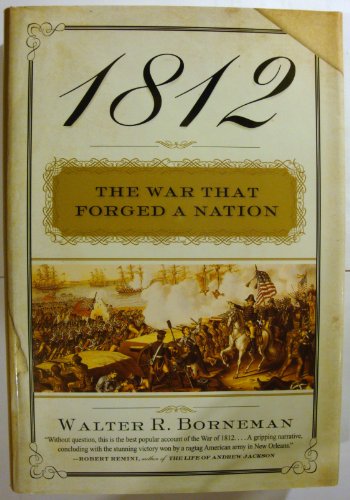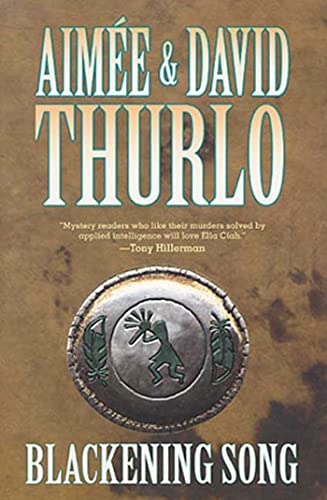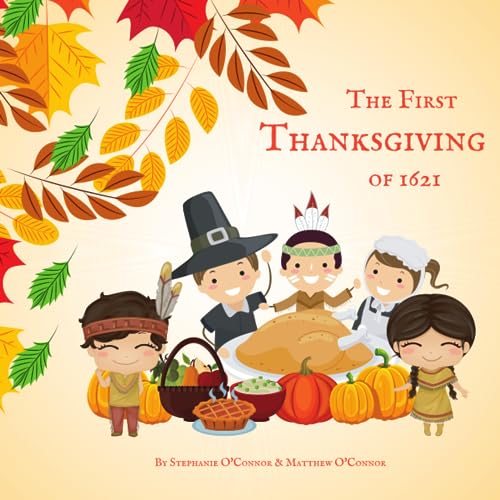
Author: Borneman, Walter R.
Price: $2.54
Category:United States History
Publication Date:2004-10-05T00:00:01Z
Pages:368
Binding:Hardcover
ISBN:10:0060531126
ISBN:13:9780060531126
In June 1812 the still-infant United States had the audacity to declare war on the British Empire. Fought between creaking sailing ships and armies often led by bumbling generals, the ensuing conflict featured a tit-for-tat “You burned our capital, so we’ll burn yours” and a legendary battle unknowingly fought after the signing of a peace treaty. During the course of the war, the young American navy proved its mettle as the USS Constitution, “Old Ironsides,” sent two first-rate British frigates to the bottom, and a twenty-seven-year-old lieutenant named Oliver Hazard Perry hoisted a flag exhorting, “Don’t Give Up the Ship,” and chased the British from Lake Erie. By 1814, however, the United States was no longer fighting for free trade, sailors’ rights, and as much of Canada as it could grab, but for its very existence as a nation. With Washington in flames, only a valiant defense at Fort McHenry saved Baltimore from a similar fate. Here are the stories of commanding generals such as America’s Henry “Granny” Dearborn, double-dealing James Wilkinson, and feisty Andrew Jackson, as well as Great Britain’s gallant Sir Isaac Brock, overly cautious Sir George Prevost, and Rear Admiral George Cockburn, the man who put the torch to Washington. Here too are those inadvertently caught up in the war, from heroine farm wife Laura Secord, whom some call Canada’s Paul Revere, to country doctor William Beanes, whose capture set the stage for Francis Scott Key to write “The Star-Spangled Banner.” 1812: The War That Forged a Nation presents a sweeping narrative that emphasizes the struggle’s importance to America’s coming-of-age as a nation. Though frequently overlooked between the American Revolution and the Civil War, the War of 1812 did indeed span half a continent — from Mackinac Island to New Orleans, and Lake Champlain to Horseshoe Bend — and it paved the way for the conquest of the other half. During the War of 1812, the United States cast aside its cloak of colonial adolescence and — with both humiliating and glorious moments — found the fire that was to forge a nation.






